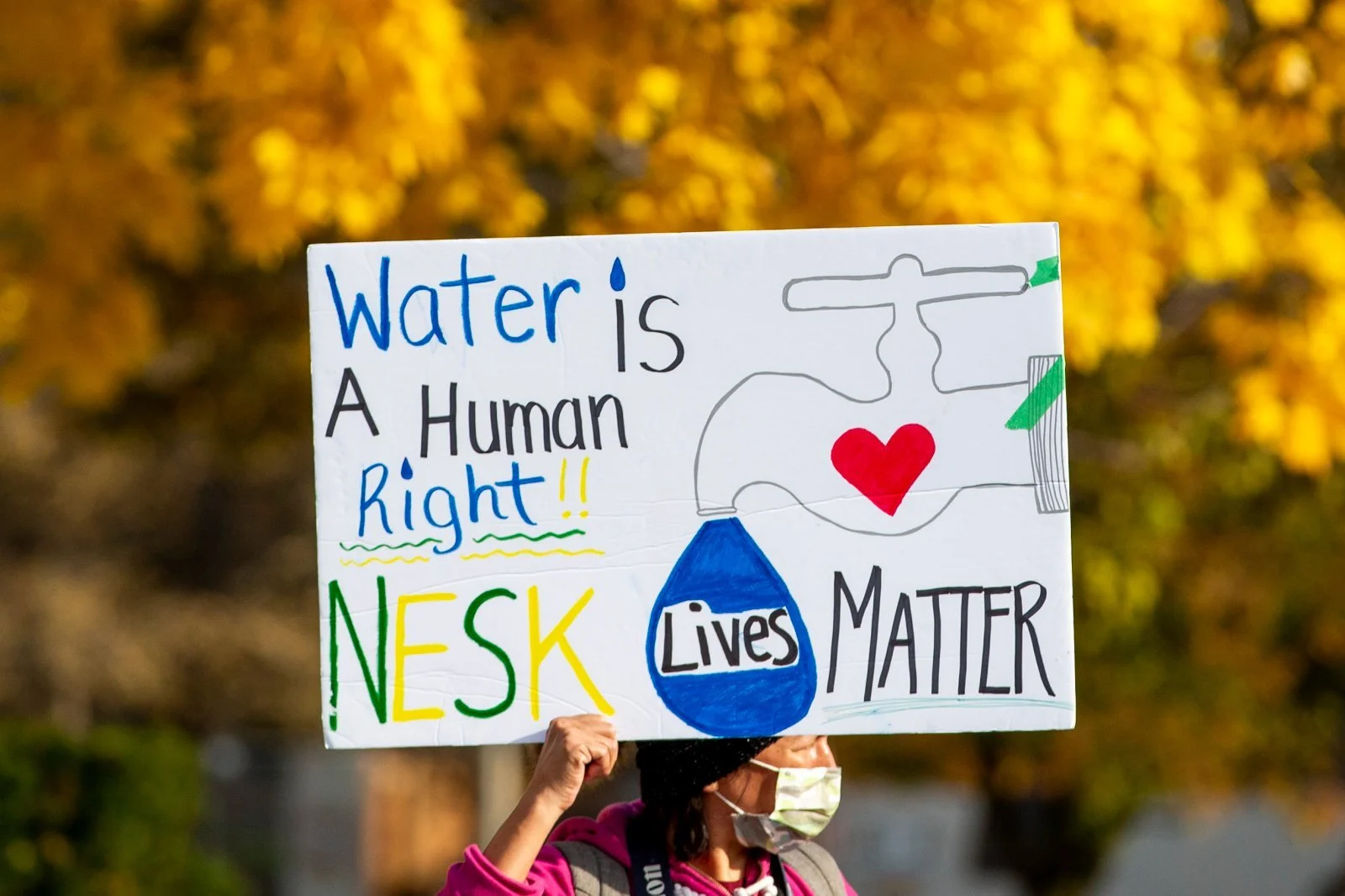The Corporation was awarded two First Nations projects in Northern Alberta, Canada. The first contract involves a drinking water rental system to provide water for the community of Garden River while the full-scale drinking water project is being completed. The other project is for an emergency expansion of the John D’Or drinking water plant to accommodate the needs of communities that have been displaced by the recent wildfires. “It is essential that our Indigenous communities have access to reliable drinking water and wastewater treatment equipment. Our service team has prioritized the rapid deployment in support of Indigenous Services Canada and the local communities,” stated Frédéric Dugré, President, Chief Executive Officer and co-Founder of H2O Innovation. This project has already commenced and is expected to be completed in July 2023.
Province tells City of Winnipeg it must explore public-private partnership for sewage plant
The provincial government wants the City of Winnipeg to explore expanding and operating the North End Sewage Treatment Plant through a public-private partnership that would privatize the city's entire treatment system, the director of the water and waste department says. Moira Geer's report to members of the city's executive policy committee says the Progressive Conservative government has directed the city to engage a consultant for an "analysis of the feasibility of a public-private partnership (P3) procurement methodology" for the sewage plant's biosolids and nutrient removal facilities.
How colonial systems have left some First Nations without drinking water
Rebecca Zagozewski, executive director of the Saskatchewan First Nations Water Association, said she has seen contractors save on costs when building water treatment plants on reserves by using obsolete parts and failing to include maintenance manuals, ventilation or chemical rooms, and bathrooms. “Engineering companies will put in their bids obviously as low as they can go,” said Zagozewski.
Former Neskantaga contractor accused of cutting corners in other First Nations
“They cut corners every day, every day,” said Justin Gee, vice-president of First Nations Engineering Services Ltd. Gee said he encountered these recurring problems while overseeing the work of a construction firm, Kingdom Construction Limited (KCL), building a water treatment plant 10 years ago in Wasauksing First Nation, along the eastern shore of Georgian Bay, about 250 kilometres north of Toronto. “You have to be on them every step of the way,” said Gee, who was the contract administrator on the project. “You can’t leave them on their own.”
What really happens to plastic drink bottles you toss in your recycling bin
The infinite triangular loop of arrows that we know as the recycling symbol adorns millions of plastic pop and water bottles we carefully sort in the blue bin. It comforts us with the idea that each one will be recycled over and over again forever. But unfortunately, most of the time, it's a lie. Many bottles aren't recycled at all, and those that do get recycled usually aren't turned into other bottles or recycled again after that.






